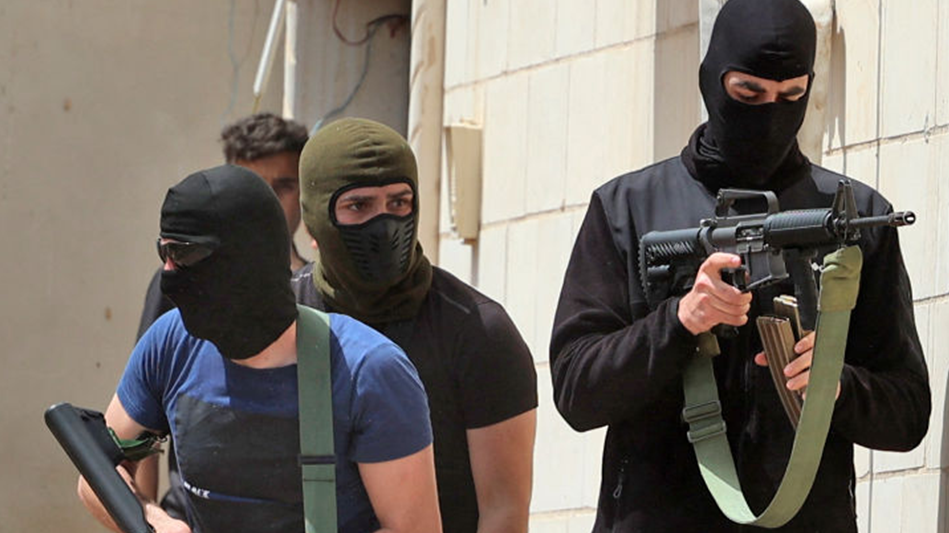
Canada’s federal police agency admitted that groups they have identified as “hate groups” have become increasingly racially diverse.
In a 2024 report called “Hate Crimes and Incidents in Canada,” the Royal Canadian Mounted Police (FBI equivalent) sought out to identify the source of hate crimes and explain the reasons behind them.
It defined hate groups as any organization that can be characterized by its promotion of “a hate-based orientation or purpose.”
The report predominantly blamed populist politics for a rise in overall mean-spirited behavior, pinpointing 2016 as the first instance of a spike in hate crimes.
“The first pronounced spike in hate crimes began in 2016 and coincided with the rise of populist politics and inflammatory rhetoric directed toward immigrant, racialized, and religious minority groups,” the report claimed.
The report also blamed COVID-19 for “rising social polarization” and, alongside a rise in “populist politics,” stated that “xenophobia and racist rhetoric” portrayed members of racialized and religious minorities as threats to community safety and national security.
‘The Canadian governments and its agencies can only pick on groups that don’t have sway over political parties.’
In attempt to answer why people join hate groups, the RCMP said it was because members seek a sense of identity, meaning, and personal significance. While the government report claimed that research has shown hate groups to be “overwhelmingly white and male,” it also said in the same breath that the groups are increasingly diverse.
“People who join hate groups come from all socioeconomic backgrounds, professions, and, perhaps surprisingly, they appear to be increasingly racially/ethnically diverse.”
Independent Turkish-Canadian reporter Abdusselam Bezirgan told Blaze News the Canadian government typically labels any group that has grievances with the ruling party as a “hate group.”
“What RCMP classifies as hate groups are often composed of individuals who have natural grievances regarding the politics of the country which affects them negatively one way or the other. The common ground is that they’re not politically correct and they arrive at conclusions based on what they believe to be the truth.”
“The Canadian governments and its agencies can only pick on groups that don’t have sway over political parties,” he continued.
“Groups that do have influence over liberals or conservatives will never face any scrutiny including from the media, intelligence agencies, or the RCMP,” Bezirgan added.
The government report went on to state that “online hate speech” had a massive 600% surge between November 2015-2016, suggesting again that populist politics “normalized” incendiary online rhetoric.
The report considered it difficult to claim how many hate groups actually exist in Canada, citing that they “start up, fracture and fold all the time.” Instead, the report relied on outside research that supported its narrative.
Using its selected sources, the RCMP estimated the existence of 70-300 hate groups, alleging a “general consensus” that hate groups were on the rise.
Like Blaze News? Bypass the censors, sign up for our newsletters, and get stories like this direct to your inbox. Sign up here!
Source: TheBlaze








